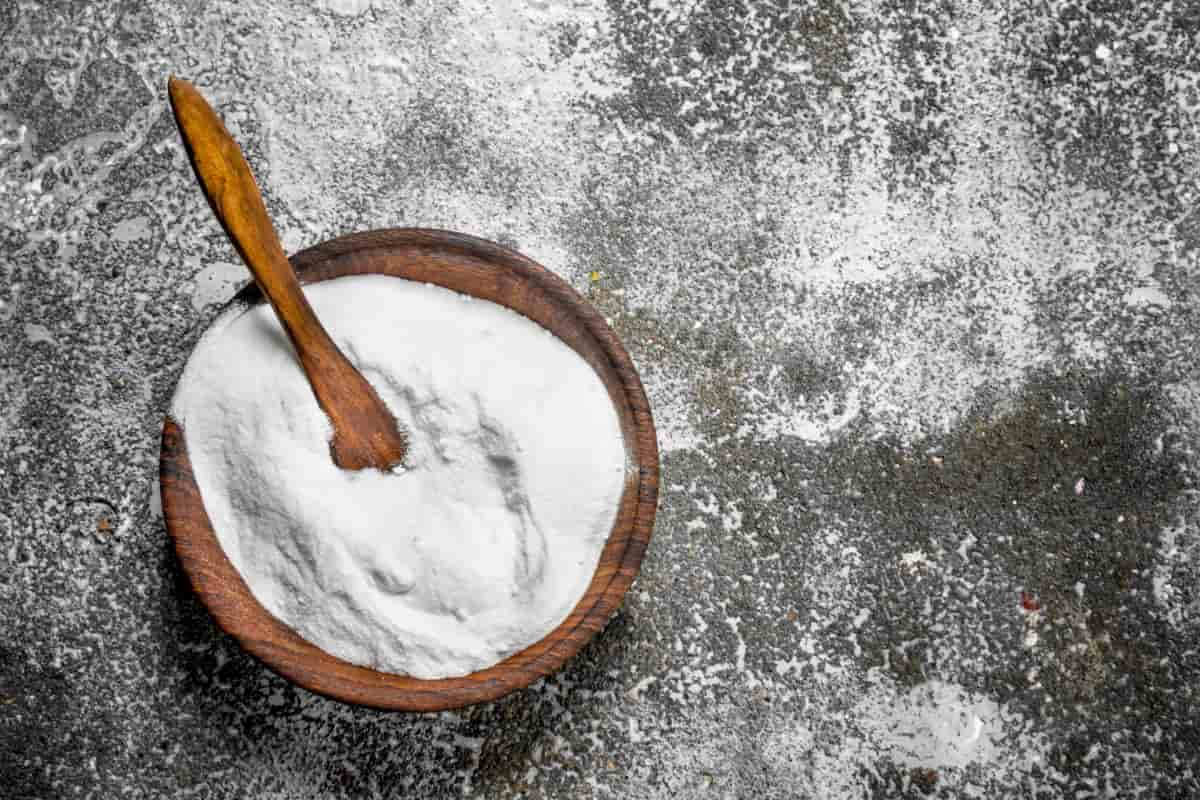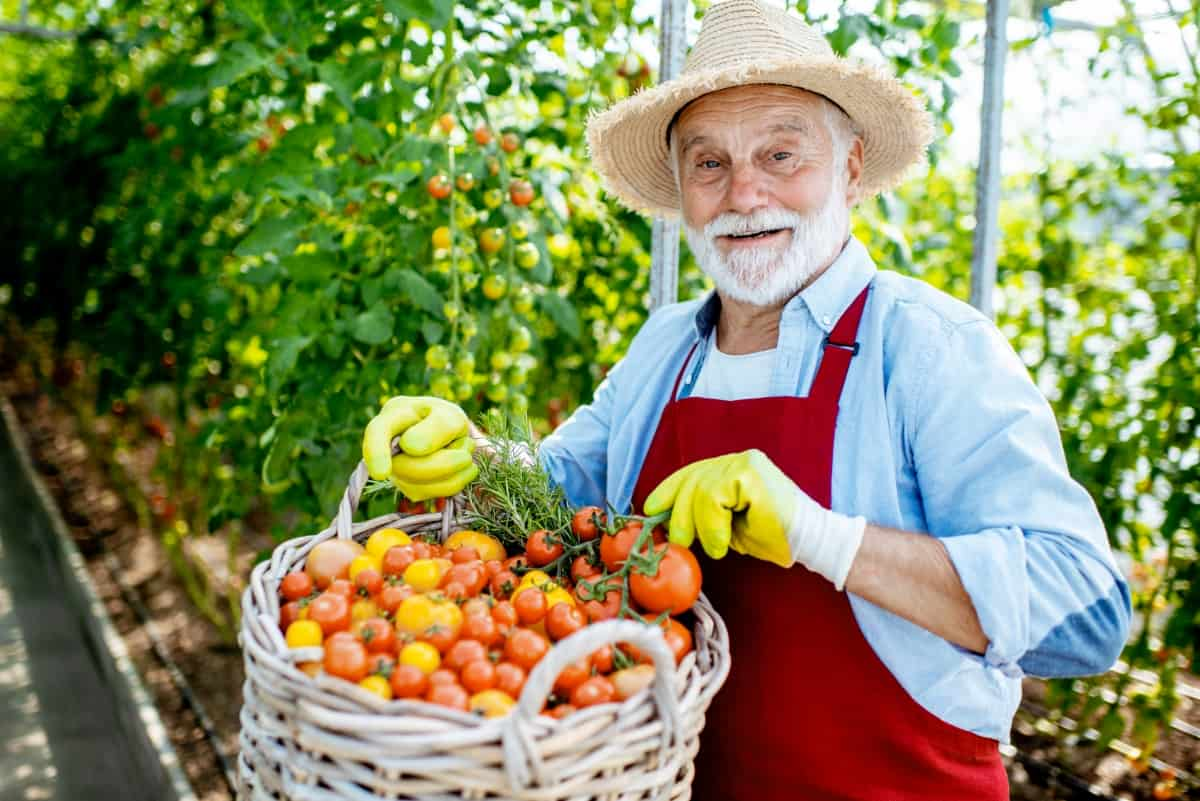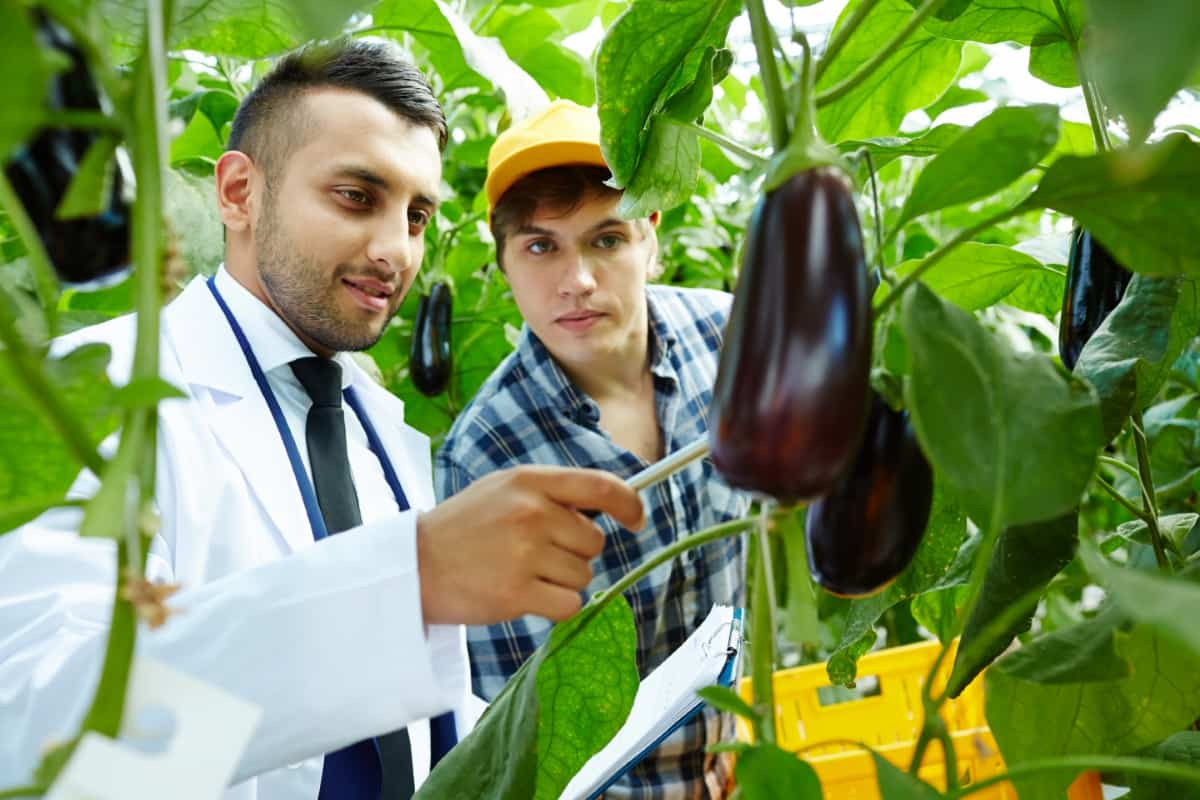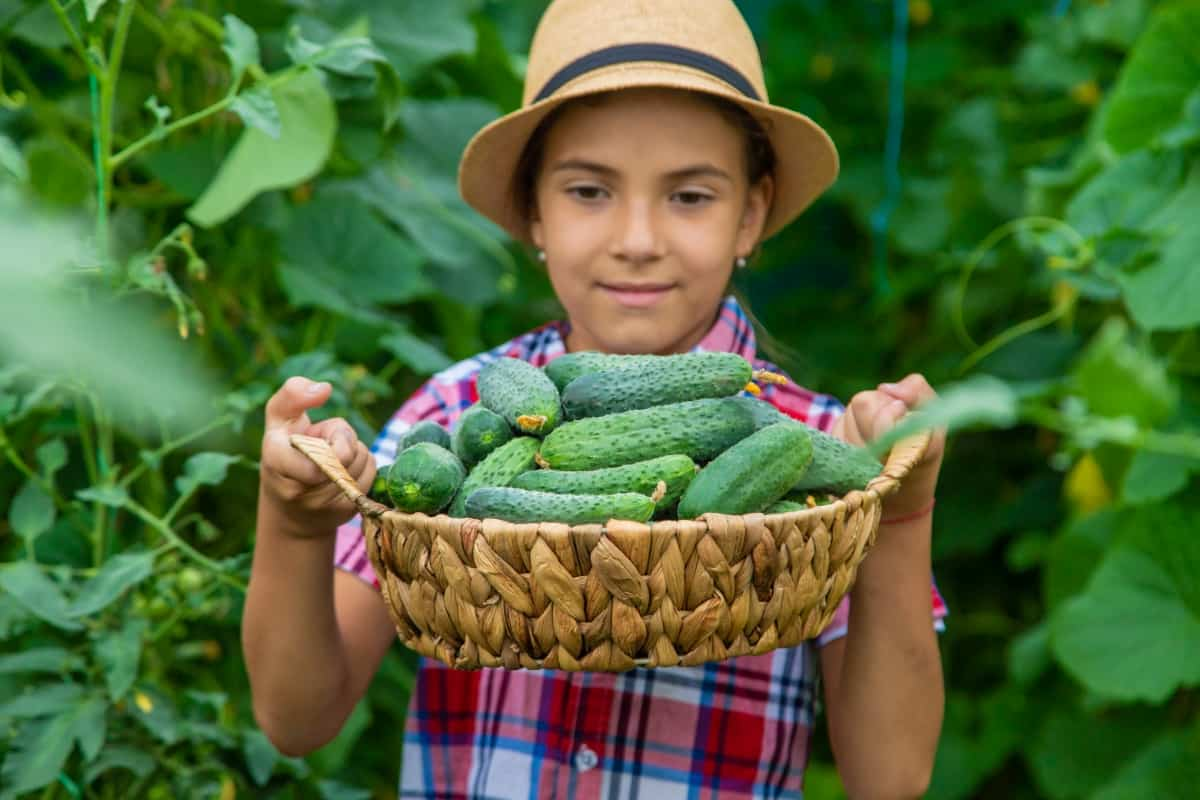Baking soda serves as a versatile household essential and can also be a valuable asset in the vegetable garden, enhancing plant health and increasing crop yields. Its multifaceted uses range from improving soil fertility and water absorption to managing pests and boosting overall plant health.

How to Boost Vegetable Growth with Baking Soda
Understanding the Role of pH in Vegetable Growth
pH plays a crucial role in how well vegetables can absorb nutrients from the soil. Many vegetables thrive in a slightly acidic to neutral pH range. Soil that is overly acidic or alkaline can impede plant growth and lower crop yields. Maintaining the right pH is essential for healthy vegetable plants.
When the pH balance is off, even with the right amount of water and sunlight, plants might not thrive as they should. A balanced pH ensures that essential nutrients are available to the plant. This is a fundamental step to boost vegetable growth with baking soda, as this common household ingredient can help moderate pH levels.
The Science Behind Baking Soda’s Effect on Plant Health
Baking soda, also known as sodium bicarbonate, serves a purpose beyond its role in the kitchen. It has a range of uses in the garden, primarily because of its alkaline nature. When used on plants, the effect of baking soda on plant growth can be notable. It helps in preventing fungal growth and can even deter pests. However, too much baking soda on plants can cause harm, leading to an imbalance in the soil’s pH and potentially harming the plants. The right amount can create a less favorable environment for fungal spores, thus keeping the plants healthy.
How Baking Soda Can Improve Soil Fertility for Vegetable Growth
Baking soda can improve soil fertility by influencing pH levels, making the soil environment better suited for vegetable growth. When you sprinkle baking soda on plants, it can reduce the occurrence of soil-borne diseases, ensuring healthier soil. This, in turn, supports plant health and can contribute to a bountiful harvest. The miracles of baking soda in the garden are often discussed among gardeners, especially when it comes to improving the soil quality for robust vegetable growth.
Maximizing Nutrient Uptake in Vegetables with Baking Soda
For vegetables to grow, they need to take up nutrients effectively. Baking soda can help in this process by optimizing the soil’s pH level. This optimization allows for better nutrient uptake, essential for plant growth. Combined with other natural amendments like coffee grounds and baking soda for plants, it can further enhance the soil, as coffee grounds add organic matter, improving soil structure and fertility. However, balance is key, as the combination should not be too alkaline or acidic.
In case you missed it: Can Vinegar or Baking Soda Kill Leaf Miners: How About Neem Oil?

Enhancing Root Development with Baking Soda Application
Healthy root development is vital for strong vegetable plants. Baking soda can contribute to this by preventing fungal growth, which often attacks the roots. What plants benefit from baking soda? Like cucumbers and tomatoes, those with roots prone to rot can find particular benefits from baking soda applications. It ensures that roots remain healthy and can absorb the full range of nutrients and water needed for the plant’s growth.
Controlling Fungal Diseases in Vegetables using Baking Soda
One of the most significant miracles of baking soda in the garden is its ability to control fungal diseases. Fungal diseases can devastate vegetable plants, but baking soda creates an environment less hospitable to these fungi. You can proactively deter diseases like powdery mildew by applying a water and baking soda solution to the leaves. This method of disease control is simple yet effective and can be crucial in maintaining the health of your vegetable garden.
Boosting Photosynthesis Efficiency with Baking Soda
Photosynthesis is the process by which plants make their food, and efficient photosynthesis is necessary for strong vegetable growth. Baking soda has a role to play here as well. It can help clean the leaves, allowing them to absorb more sunlight, which can boost photosynthesis efficiency. Clear leaves can capture greater light, essential for the plant to generate the required energy for growth. A gentle wipe of the leaves with a baking soda solution can significantly affect the amount of sunlight absorbed.
Improving Water Absorption in Vegetable Plants with Baking Soda
Vegetable plants need a consistent and reliable source of water to thrive. Baking soda can play a role in improving water absorption in plants. Adding baking soda to the water you use for your plants can help reduce the buildup of salts in the soil, which can impede the plant’s ability to take up water efficiently.
In case you missed it: How to Use Baking Soda as a Weed Killer: Benefits and Baking Soda as a Natural Herbicide

A moderate addition of baking soda can help ensure that water penetrates deeply, reaching the root zone where it’s most needed. This can result in more resilient plants, better able to withstand drought or high temperatures due to enhanced water absorption, thereby maintaining their vitality.
Managing Pest Infestations in Vegetables through Baking Soda Treatment
Pests can be a significant challenge in the vegetable garden, but baking soda offers a gentle yet effective way to manage these infestations. A solution of baking soda and water, sometimes enhanced with a mild detergent, can deter and control the spread of pests on plant leaves and stems.
When sprayed on affected areas, this mixture creates a hostile environment for pests without harming the plants or beneficial insects. Baking soda treatments are a sustainable choice for gardeners looking to reduce their reliance on harsh chemical pesticides, thus promoting a more eco-friendly approach to pest management.
Sustainable Practices of Using Baking Soda to Promote Vegetable Growth
Using baking soda as a part of your gardening regimen is a sustainable practice that aligns well with organic and eco-conscious gardening methods. It’s a non-toxic alternative to chemical fertilizers and pesticides, offering many benefits without adverse environmental impact. From boosting growth and improving water absorption to managing pests and diseases, baking soda is a versatile ally in the garden.
In case you missed it: How to Use Baking Soda to Prevent Tomato Blossom End Rot

Its use supports sustainable gardening practices by ensuring that the growth of vegetables is achieved naturally. Gardeners can take comfort in knowing that their use of baking soda promotes healthy plant growth and contributes to a healthier ecosystem.
Conclusion
Baking soda is a simple, sustainable solution for various gardening challenges, offering a natural way to enhance plant growth and vitality. Its application in the vegetable garden is a testament to the power of household items in supporting eco-friendly and productive gardening practices.
- Feed Your Flock for Less: Top 10 Tips to Save on Chicken Feed
- Ultimate Guide to Ossabaw Island Hog: Breeding, Raising, Diet, and Care
- Hatching Answers: The Top 10 Reasons Your Chickens Aren’t Laying Eggs
- Eggs and Economics: Breaking Down the Cost of Raising Backyard Chickens
- Defend Your Greens: Proven Methods to Keep Iguanas Out of Your Garden
- Ultimate Guide to Cinnamon Queen Chicken: A Comprehensive Guide for Beginners
- Ultimate Guide to California Tan Chicken: Breeding, Raising, Diet, Egg-Production and Care
- Ultimate Guide to Marsh Daisy Chicken: Breeding, Raising, Diet, and Care
- 10 Types of Chicken Farming Businesses You Can Start for Profits